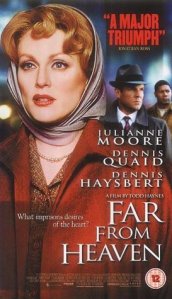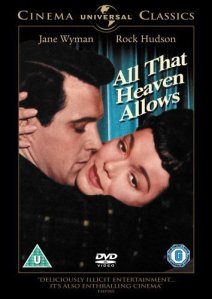My rating: 8
IMDB rating: 7.8
IMDB link: http://www.imdb.com/title/tt0048545/?ref_=nv_sr_2
Dearest reader,
Watching a classic movie like this is always a treat! Of course, the biggest treat in this movie is James Dean. He has this amazing on-screen charisma that just captures your attention and make you want to be part of his ‘gang’.
But like Fight Club this movie, to me, makes some interesting comments on masculinity. By the 1950’s the first and second wave of feminism have already passed and men began to be challenged by women who were not only now educated, but who also now had rights.
The line between sensitivity and masculinity became blurred and men had to carve out a new identity and place in society for themselves. I would therefore argue that the emasculation of the father, by the overbearing mother, is the biggest cause for the son’s rebellion.
The more Jim is faced with the emasculation of his father the more he needs to establish his own masculinity. His dread of the word ‘chicken’ shows this as the means of discrediting the accusation lies in activities that emphasise Jim’s masculinity.
But Jim also has a sensitive side. He merges this sensitive side with his quest for emphasised masculinity. With his love for Judy and his friendship with Plato, he shows that he can merge the two sides within himself, he ultimately creates the modern man or the metro man.
James Dean truly is the ultimate man!
Want to read more on Rebel without a Cause? Try these…
Revisiting Rebel Without a Cause.



